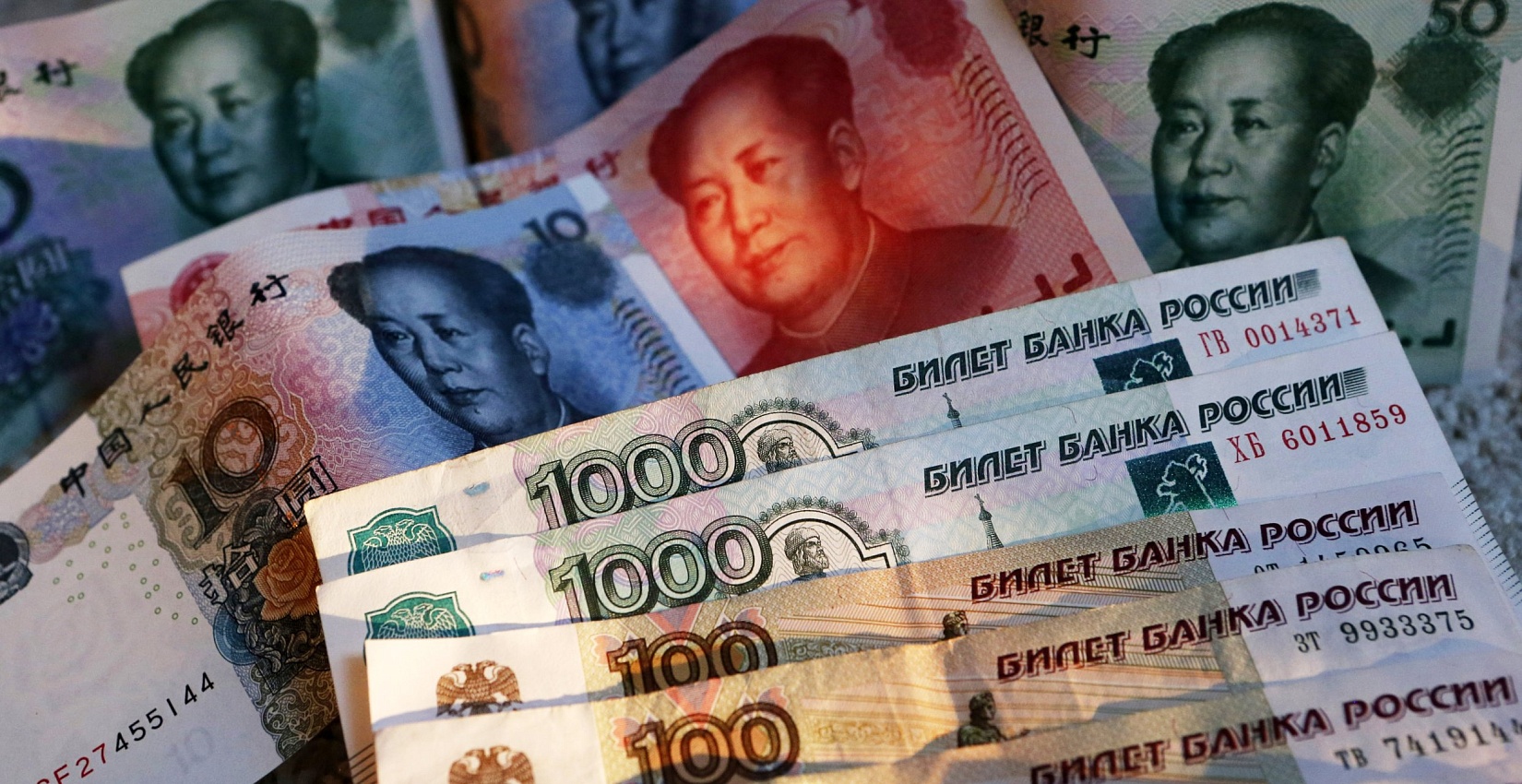In an increasingly digital world, money has also gone digital. From cryptocurrencies to digital wallets, the way we handle money has evolved. In this article, we’ll delve into the diverse landscape of online money, breaking down different types to help you navigate this digital financial realm.
Cryptocurrencies
- Bitcoin Dominance: Cryptocurrencies are perhaps the most well-known form of online money. Bitcoin, Ethereum, and Ripple are among the most recognized. They operate on blockchain technology, offering security and decentralization.
Digital Wallets
- Your Digital Purse: Digital wallets like PayPal, Apple Pay, and Google Wallet store your payment information electronically, making online transactions seamless and secure. They are linked to your bank accounts or cards.
Mobile Money
- Financial Inclusion: Mobile money services, like M-Pesa in Kenya, allow users to store, send, and receive money using their mobile phones. This technology has transformed financial inclusion in many regions.
Prepaid Cards
- Controlled Spending: Prepaid cards are loaded with a specific amount of money, and users can spend only what’s available on the card. They’re an excellent choice for budget-conscious individuals.
Central Bank Digital Currencies (CBDCs)
- Government-Backed: Some countries are exploring the creation of their digital currencies, known as central bank digital currencies (CBDCs).
Digital Payment Apps
- Instant Transfers: Apps like Venmo and Cash App facilitate peer-to-peer money transfers, simplifying payments between friends and family. They also allow for quick and easy splitting of bills.
Online Banking
- Traditional Goes Digital: Most banks now offer online banking services, allowing customers to manage their accounts, transfer funds, and pay bills online. It’s a convenient way to handle financial transactions.
Cryptocurrency Tokens
- Utility Tokens: Beyond traditional cryptocurrencies, many projects issue tokens with specific utility within their ecosystems. These tokens serve various purposes, such as accessing services or voting in decentralized networks.
Stablecoins
- Price Stability: Stablecoins are cryptocurrencies designed to have a stable value, often pegged to a fiat currency like the US dollar. They offer a way to mitigate the volatility associated with other cryptocurrencies.
Reward Points and Air Miles
- Loyalty Rewarded: Many companies offer reward points or air miles as a form of digital currency. These can be used for future purchases, flight bookings, or other perks, providing incentives for customer loyalty.
Online Investment Platforms
- Grow Your Wealth: Online investment platforms allow users to buy, sell, and trade various financial assets, including stocks, bonds, and commodities, without the need for a traditional broker.
Peer-to-Peer Lending
- Cutting Out the Middleman: Online platforms like Lending Club and Prosper enable individuals to lend and borrow money directly from one another, often at competitive interest rates.

Open Banking
- Sharing Financial Data: Open banking initiatives enable consumers to share their financial data with third-party apps and services securely. This promotes innovation in financial services.
Microtransactions
- Tiny Payments, Big Impact: Microtransactions involve very small sums of money, often used for online purchases in gaming or for accessing premium content.
Cross-Border Payment Solutions
- Global Transactions: Services like TransferWise (now Wise) and Revolut offer cost-effective solutions for making international money transfers and currency exchange.
Blockchain-Based Tokens
- Beyond Currency: Beyond cryptocurrencies, blockchain technology enables the creation of various tokens representing assets like real estate, art, or even ownership in a company.

